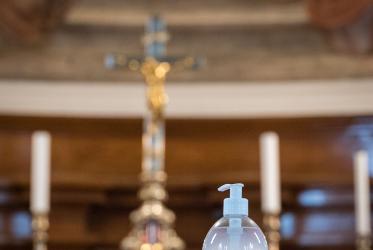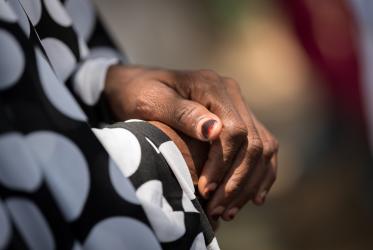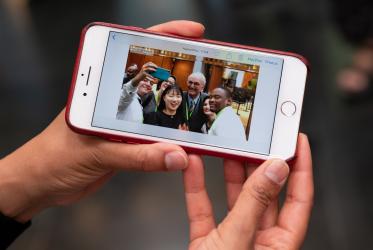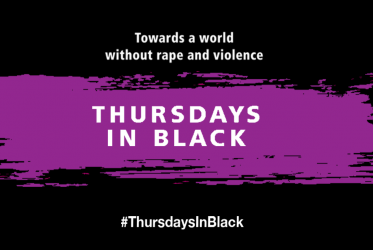Displaying 1 - 20 of 127
Promoting human dignity through art
06 September 2022
Women with disabilities want to belong in churches
31 August 2022
WCC honoured with Geneva Engage Award
01 February 2022
Communication for Social Justice in a Digital Age
13 - 15 September 2021
Berlin and worldwide, 9-17:00 each day, CEST Timezone
WCC honoured with Geneva Engage Award
18 February 2021
In a COVID-stricken world, “everyone is important”
23 October 2020


















